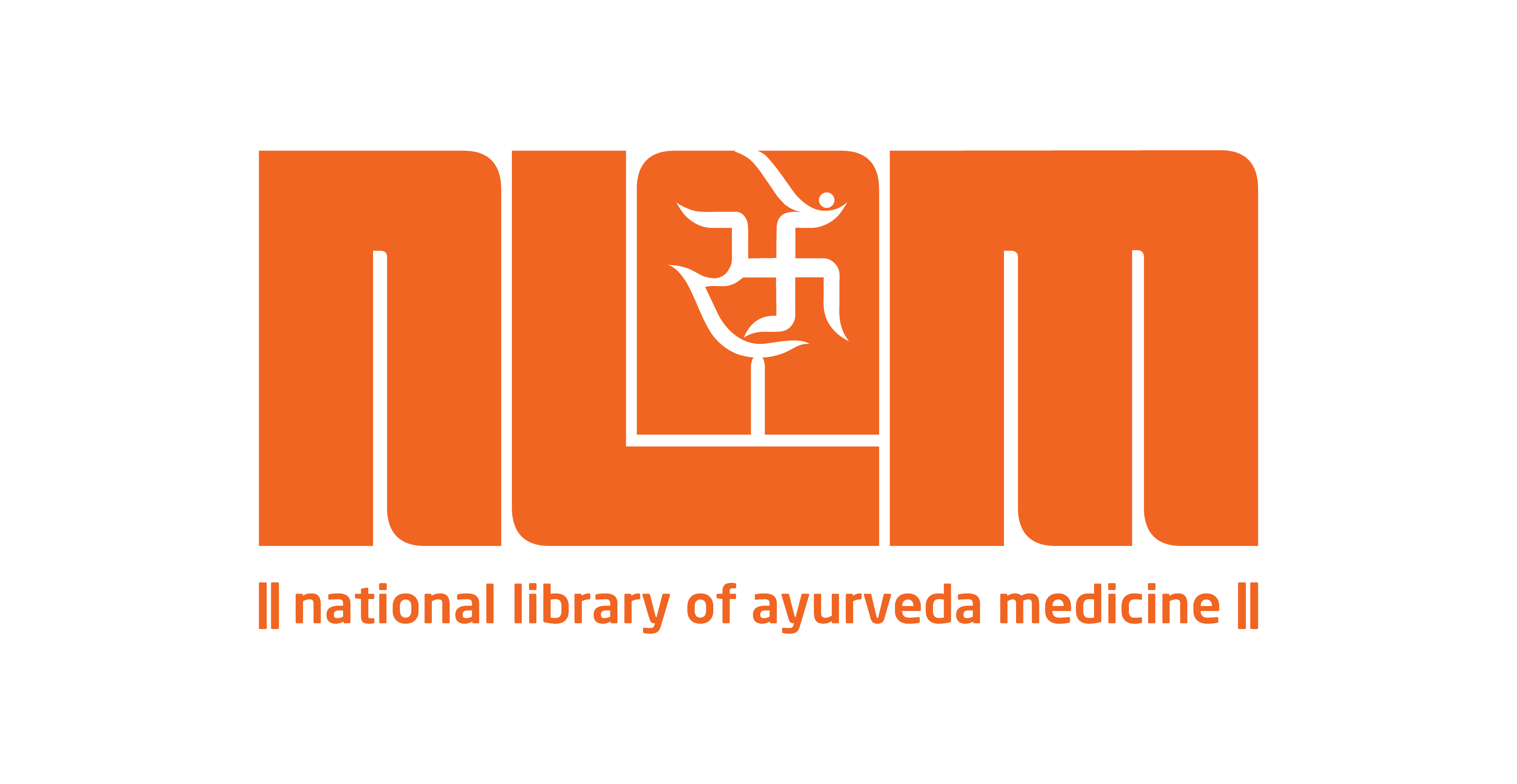


ABOUT
Ayurveda literature(Nighantu) mention two
varieties of Punarnava; Shwet punarnava (bearing white flowers) and Rakt
punarnava (bearing red flowers). It is
difficult to comprehend if Nighantus have used Rakt and Shwet Punarnava
as varities of same plant or different individual plants. The plant
taxon Boerhavia repens is aaccepted as the source
of Rakt-Punarnava. Shwet-Punarnav being described
as rare its botanical identity is highly debated. A scan of available
ethnomedicinal data suggests that both the varieties may belong to the
same genus. Many scholars accept the taxon Boerhavia
erecta (bearing white flowers) as a
source of Shwet Punarnava. However the species is a Native American
plant recently introduced and hence its acceptance as the classical
Shwet Punarnava is debatable. Many experts also consider the taxon Trianthema portulcastrum bearing white flowers as the
source of Shwet Punarnava. Trianthema portulcastrum is correlated to the
classical plant Varshaabu as described by Raaj-Nighantu. Varshaabu is considered to be similar in
properties to Punarnava. Interestingly Trianthema portulcastrum shows
red and white variations. Raaj Nighantu has not mentioned these
varieties of Varshaabu and hence there can be a case of correlating the
Trianthema portulcastrum as Punarnava. This data recomends a strong
investigation for proper taxonomical identification of Punarnava and
Varshabhu. Apart from this Raaj Nighantu mentions
about a third variety called Neel punarnava (bearing blue flowers) whose botanical identity
remains uninvestigated. The discussed plant raxon for Punarnava are
enumerated. (This abstract is borrowed from the research thesis by Dr.
Sumit Ashok Kesarkar and is copyright protected)

